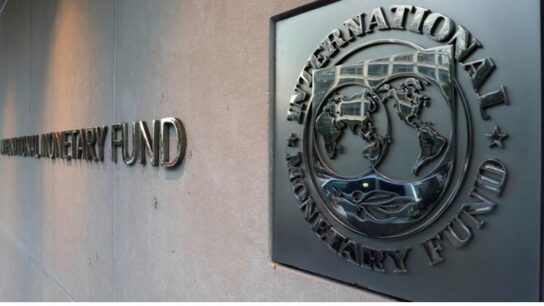• The shortage is attributed to the current hot season
• 25Kilogram bag of Impwa is expected to trade to the highest of 150 to K200 in Kabwe.
• The current market shows the commodity trading between K60 and K130 for a 25 kilogram bag.
A Small Scale farmer has disclosed that a shortage of Garden Eggs commonly referred to as Impwa is looming on the local market, a situation that will result in price hike by November 2021.
Nicholas Kapila revealed to Money FM News that the shortage is attributed to the current hot season explaining that the produce relies much on Water for its production.
“Especially Impwa, we are likely to see it in short supply especially this month end going into November.” He said.
Mr. Kapila projected that a 25Kilogram bag of Impwa is expected to trade to the highest of 150 to K200 in Kabwe.
He however said the t market was showing the commodity trading between K60 and K130 for a 25 kilogram bag.







